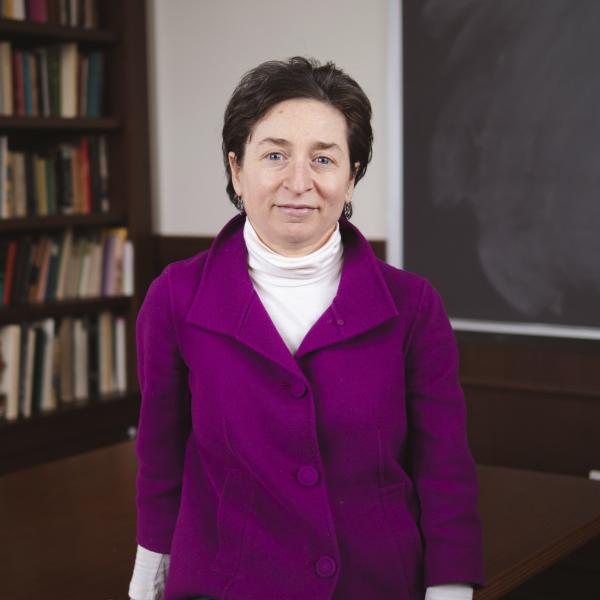Corinna Treitel studies the interplay of modern science, medicine, culture, and politics.
Her specialty is German history, but her curiosity stretches widely. She helped introduce Medical Humanities as a field of study to Washington University in St. Louis in 2015. She also led the university's Frankenstein bicentennial celebration for 2017-2018.
Her first book, A Science for the Soul: Occultism and the Genesis of the German Modern (Johns Hopkins University Press, 2004), asked why Germany, a scientific powerhouse in the nineteenth and twentieth centuries, also hosted one of the Western world's most vibrant and influential occult movements. German occultists made major contributions to twentieth-century art, psychology, literature, medicine, and what we now call "New Age" spirituality. Their efforts were also an excellent example of a larger historical trend that still informs our world today: the use of scientific language, concepts, and habits to enchant the "disenchanted" modern age anew.
Her second book, Eating Nature in Modern Germany: Food, Agriculture, and Environment, c. 1870-2000 (Cambridge University Press, 2017), investigated German efforts to invent more "natural" ways to eat and farm. Vegetarianism, organic farming, and other such practices have enticed a wide variety of Germans, from socialists, liberals, and radical anti-Semites in the nineteenth century to Nazis, communists, and Greens in the twentieth. The book brings together histories of science, medicine, agriculture, the environment, and popular culture to offer the most thorough treatment yet of this remarkable story. The German case also has much to teach us about our own fascination with all things natural and "organic."
Professor Treitel is now working on a third book called Gesundheit! Seeking German Health, 1750-2000. It explores changing ideas and practices of health in German lands from the mid-eighteenth century to the present and tracks their global history.
Professor Treitel teaches undergraduate and graduate courses in European history, the history of science and medicine, and medical humanities. She is accepting doctoral students.


